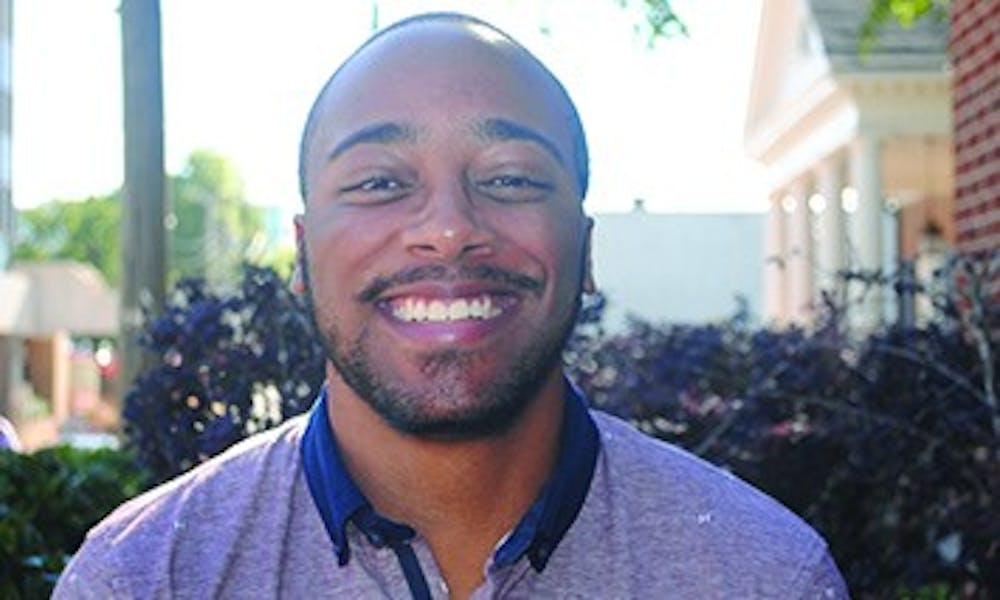On July 14, I wrote a column published in this newspaper titled “Delrawn, Alton, Philando, Unknown.” In the column, I discussed the four Black men that were killed by state violence daily between July 4 and 7.
I let out my pain, frustration and sadness in that column, and it was a cathartic moment for me after a summer of overwhelming Black pain and loss. Now, two months later, I’m right back where I started.
On Sept. 14, 13-year-old Tyre King was killed by police in Ohio after being suspected of involvement in a robbery.
On Sept. 16, Terence Crutcher was killed in Oklahoma after having car trouble.
On Sept. 20, Keith Scott was killed in Charlotte after being mistaken for another man with outstanding warrants.
On Sept. 21, Tawon Boyd died in Maryland after being beaten by police after calling 911 for medical help.
That’s four times a Black person died due to police violence in less than a week.
Being Black in America is a painful, traumatic experience — especially in times like these. Trying to make it through the day as a Black person in this country is hard enough without the trauma of Black pain and Black death.
Too many times in the past week I’ve seen people who are not Black try to police the reactions of Black people around police brutality.




